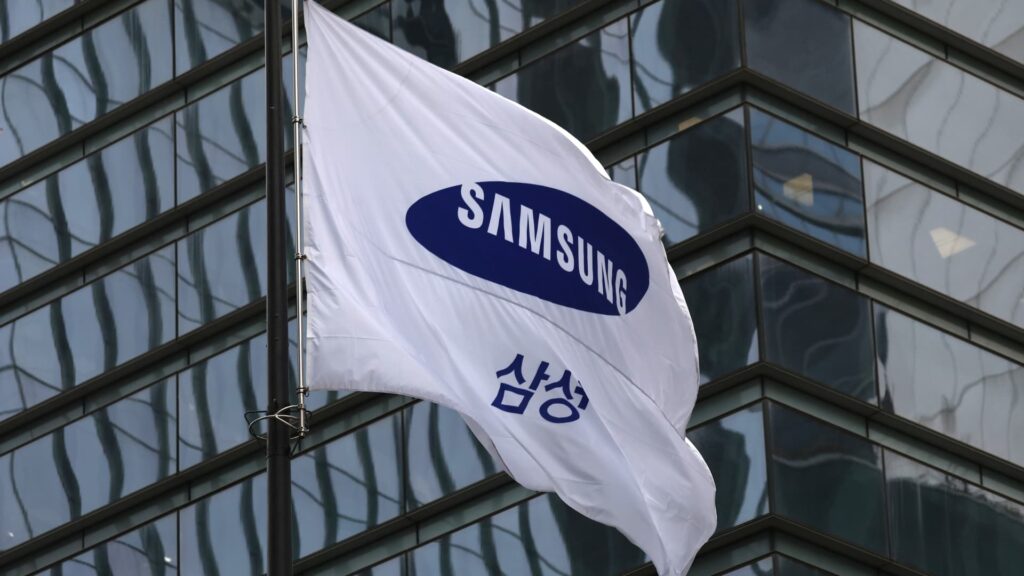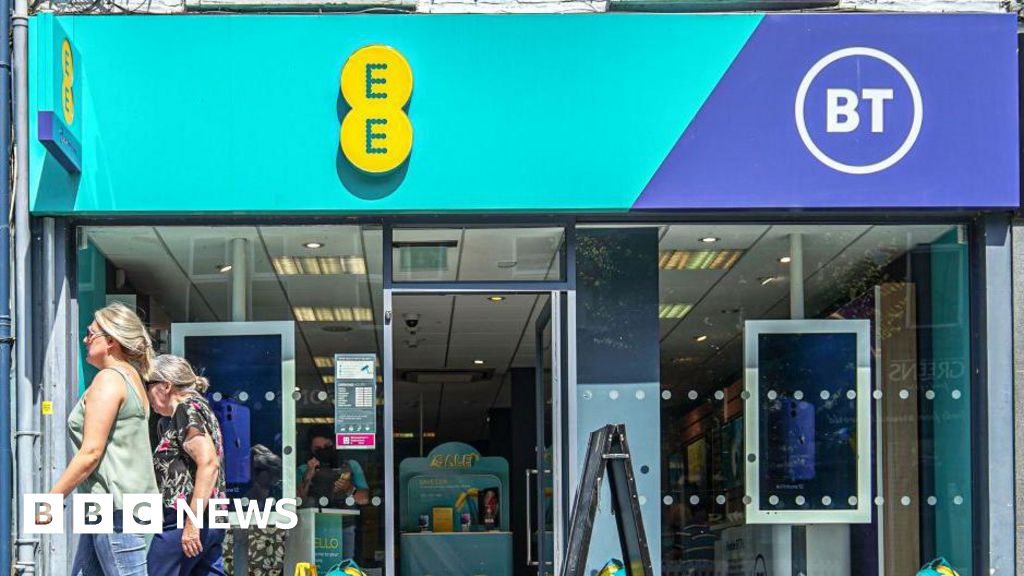A late-night text message—’Guess who just shook up the global chip scene?’—landed in my inbox hours before dawn. Turns out, when Elon Musk makes waves, even your phone feels it. With Tesla tying up a jaw-dropping $16.5 billion chip deal with Samsung, the stakes aren’t just high—they’re positively electric. So let’s dissect what’s behind the headlines, beyond the numbers, and definitely past the polite press releases.
Beyond the Billions: Getting Real about the $16.5 Billion Tesla Samsung Chip Contract
The Tesla Samsung chip contract isn’t just another business headline—it’s a seismic shift in the semiconductor landscape. Tesla and Samsung have officially inked a $16.5 billion agreement for advanced chip manufacturing, with the contract set to begin on July 26, 2025, and run through December 31, 2033. That’s more than eight years of high-stakes collaboration, making this the largest single-customer win Samsung has ever secured in its semiconductor division.
Elon Musk broke the news himself, bypassing traditional press releases in favor of a social media reveal. The $16.5 billion Tesla Samsung agreement quickly sent ripples through the market, with Samsung’s shares jumping over 6% after the announcement. Interestingly, Samsung initially kept Tesla’s identity under wraps to protect trade secrets, fueling days of speculation and investor chatter.
While $16.5 billion is the headline number, Musk has hinted that the actual value of the Tesla semiconductor manufacturing deal could climb even higher as production ramps up. The Samsung semiconductor contract start date marks a new era for both companies—and the industry at large.
Outmaneuvering TSMC? The Real Stakes in the Global Semiconductor Rivalry
In the world of semiconductor manufacturing, TSMC still holds the crown, especially when it comes to advanced AI5 chips. Yet, the recent $16.5 billion Tesla Samsung chip contract is shaking up the landscape. Samsung Electronics foundry services, ranked second globally, will now produce Tesla’s next-generation AI6 chips at its new Texas facility—a move that signals more than just a business win. This Texas fab, located conveniently near Elon Musk’s home, adds a layer of strategic advantage, hinting at closer collaboration and oversight in the Tesla semiconductor supply chain.
While TSMC is set to deliver the AI5 chips, Samsung’s leap to AI6 chips for Tesla is a bold statement in the ongoing Samsung semiconductor market competition. Industry analysts see this as Samsung regaining lost ground, not just in revenue but in prestige. As the rivalry intensifies, many are watching to see if this partnership will truly rebalance the global semiconductor hierarchy, or if TSMC’s dominance will remain unchallenged.
Deal Details Unpacked: Technology, Trade Secrets, and Confidentiality
If you’re searching for Tesla Samsung agreement details, you may be left wanting. Most of the fine print in this $16.5 billion Tesla Samsung semiconductor chips deal will remain under wraps until December 2033. Samsung’s regulatory filings confirm that, at Tesla’s request, nearly all contract specifics—including the counterparty identity and technical terms—are shielded by strict trade secret clauses.
For investors, this level of secrecy is a double-edged sword. While the Samsung chip contract duration signals a long-term partnership, research shows that such large-scale deals can shift or even be terminated if market conditions change. Caution is advised.
Elon Musk has stated that Tesla will work directly with Samsung’s team in Texas to maximize manufacturing efficiency. The AI6 chips at the heart of this agreement are rumored to power next-gen Tesla innovations like the Cybercab and Optimus. With so much at stake, Samsung’s ability to maintain confidentiality is almost as vital as its technical prowess—making this deal a pivotal chapter in the ongoing silicon race.
Texas-Sized Ambitions: How Local Manufacturing Could Change the Tesla Playbook
The Samsung Texas fabrication facility is about to become a centerpiece in the next phase of Tesla’s innovation. With a $16.5 billion contract in place, this new multi-billion-dollar fab will focus exclusively on producing the next-generation Tesla AI6 chip output. What sets this partnership apart is the proximity—Samsung’s Texas site is just a short drive from Elon Musk’s home base, making hands-on oversight and those famous surprise audits more feasible than ever.
Musk’s pledge to personally “walk the line” at the Samsung Texas fabrication facility signals a new era in Tesla production line optimization. By localizing chip manufacturing, Tesla stands to sidestep global supply chain disruptions that have plagued the industry. The idea of Cybertrucks hauling AI6 chips across Texas highways isn’t far-fetched, given Musk’s flair for the dramatic.
Research shows that this close collaboration could drive Samsung chip manufacturing efficiency, spark faster problem-solving, and create rapid innovation loops—key advantages as Tesla pushes to outpace rivals in the silicon race.
Investor’s Corner: Stock Jolts, Market Confidence, and a ‘Wait and See’ Approach
If you’re tracking Samsung stock price increase news, the latest Tesla Samsung contract implications are impossible to ignore. The moment Samsung confirmed its $16.5 billion semiconductor deal with Tesla, shares surged—opening 3.5% higher and climbing over 6% by midday, their highest since September 2024. This immediate spike signals strong market confidence in the Samsung semiconductor deal impact, even as Samsung’s own profit forecast warns of a more than 50% drop in Q2 earnings.
For investors, the contract’s eight-year stretch through 2033 offers a rare sense of stability. Yet, research shows some analysts remain cautious. Samsung’s uneven profit guidance and the possibility of mid-contract pivots keep risk on the table. Meanwhile, Tesla’s chip strategy is stirring optimism that goes beyond quarterly numbers, hinting at deeper shifts in the sector.
Still, the confidentiality clause means full details won’t surface until the deal’s end, adding suspense—and uncertainty—for anyone watching this unfolding silicon race.
Wild Card: What If—A Day in the Life of a Tesla AI6 Chip
Picture this: a Tesla next-generation AI6 chip, fresh from Samsung’s Texas fab, catching its first glimpse of daylight—and maybe even a selfie with Elon Musk himself. From there, it’s a quick trip into the heart of a fully-autonomous Cybercab, where it powers the future of mobility. But the journey doesn’t stop at the open road. With Samsung AI6 chip production ramping up, the next stop could be inside Tesla’s ambitious Optimus robot, pushing the boundaries of robotics and artificial intelligence.
You can almost imagine the story beginning with a tired engineer, fueled by coffee and Texas barbecue, overseeing the birth of a chip that might someday help Tesla vehicles achieve sentience. Research shows that this $16.5 billion partnership is more than a supply deal—it’s a leap into a future where the Elon Musk Tesla AI6 chip becomes the silent force behind self-driving cars and advanced robots. As production gears up, the world waits to see just how far these chips will go.
TL;DR: Tesla’s massive chip deal with Samsung isn’t just a headline—it’s a transformative move marking the next chapter in automotive tech, semiconductor rivalry, and innovation leadership.








